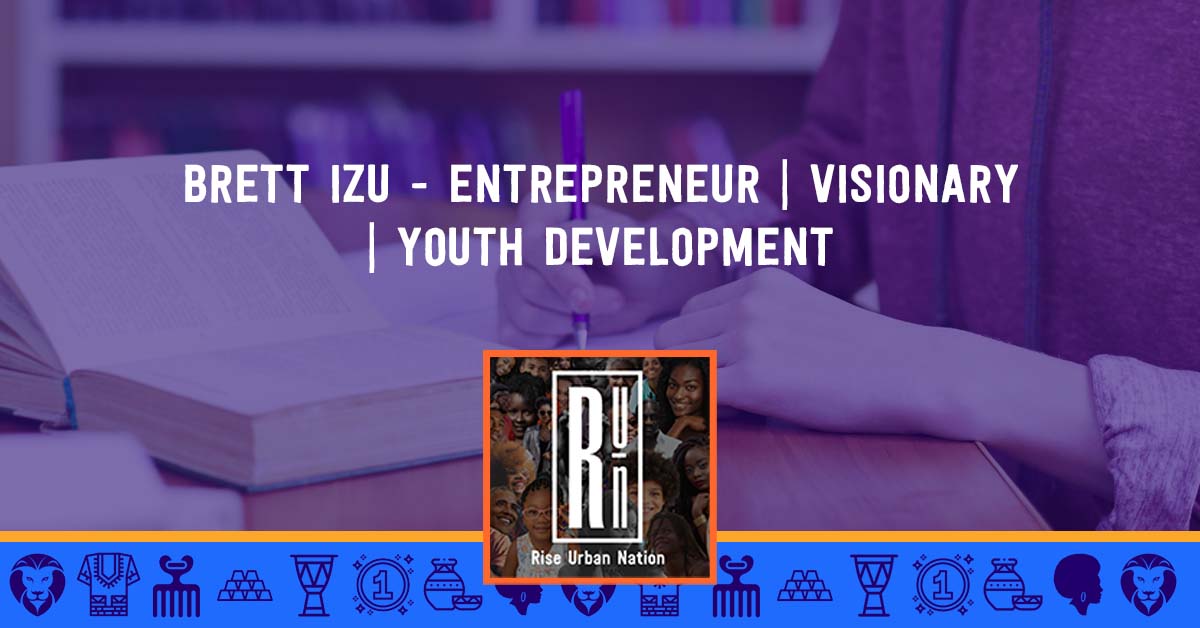Journey to Success: What Black Professionals Who Want to Start a Business Need to Know
According to the annual business survey in 2018, 124,004 businesses were owned by a black entrepreneur. If you're looking to add yourself to the list of black professionals, there are some things you need to know to increase your chances of success.
It's time that you rise to the occasion and take your place in your industry of choice, and we're going to help you do that. Get ready to read on and find out what makes black young professionals the best versions of themselves
possible.
Don't Be Afraid to Take a Risk
There will be highs and lows; you've got to calculate which lows are worth taking. With that being said, don't be afraid to take risks as you continue to further your business.
As a young entrepreneur, you're going to face several challenges, and one of the biggest ones is missing out on an opportunity because you're afraid of what will happen. If you don't take risks in your business endeavors, you do not know when something will pay off.
When taking a risk is the push you need to take your business to the next level. If you don't take any chances, you're not going to reap the rewards that come with them.
It's easy to decide you're comfortable with where you're at, but it takes a genuinely successful black entrepreneur to step out on a limb with the idea that it will work out in their best interest.
If You Fall, Don't Stay Down
4% of small businesses don't fail, but instead, find ways to survive without any real success. Other companies find themselves falling soon after opening, but that's not going to be you.
Do you know why? The reason you're not going to fail is that you're going to understand that failure is a part of business, but that doesn't mean you have to accept it.
For example, if you've been turned away for loan after loan, you might begin to wonder if starting a business is something you need to be doing. The answer is yes; you've just not found the right lender yet.
If you've ever heard of Cathy Hughes, the owner of Radio One and TV One, you've heard the story about how 32 lenders turned her down before she secured a loan that would change her life forever.
She understood she was destined for greatness and has risen to the top, making her one of the most prominent and influential black female entrepreneurs of all time.
When one door closes, all it means is that it wasn't the door meant for you to open.
Now Get to Work
To truly be successful in business, you can't be afraid to put in the work. If you're not willing to do the work, failure is inevitable.
During times when things don't seem to go your way, continue to work hard. When revenue isn't coming in the way, you thought it would continue to work hard.
Success isn't going to happen overnight; you've got to be diligent in the things you do and keep your eyes on achieving the goals you've set for your business.
While you're working hard, don't forget to work smart as well. The last thing you want is for all the work you've done to be in vain. It also helps if you surround yourself with people that have the same hardworking mindset as you.
When you've got people like this around you, it helps you to remain focused and continue striving to make your business the best it can be.
Be Receptive to Learning
Industries change every single day, and that means there are always opportunities for you to learn more. If you intend to be one of the leading forces in your industry, you must remain receptive to learning.
Learning can come in several forms, including:
- Seminars
- Networking conventions
- Taking classes
If you want to ensure you stay up to date on the latest trends in your industry, the best thing to do is learn. This also shows others around you that you're progressive and always looking for ways to better yourself as a young black professional.
Understand the Innerworkings of a Business
When you decide to add your business to the list of black-owned businesses, you might not understand the number of factors contributing to getting a business off the ground. You must take the time to understand what is required to run a business.
This includes things like:
- Opening a business banking account
- Registering your business as a legal entity
- Understand startup cost
- Securing a store space
If you've not taken the time to review these things, now is the time to do it. You wouldn't put a cake in the oven without the right ingredients and expect it to turn out right, would you?
The same attention to detail needs to be taken when you're becoming a business owner. It would help if you used more attention to detail because overlooking one thing can delay your grand opening.
Don't Betray Yourself
There are times when someone believes they have to change who they are to get to where they want to be. Don't sacrifice your sense of self to be successful.
The thing that will make you successful and keep you at the top is being yourself in combination with several other factors. It's essential to stay true to the values you've established for yourself and your business before opening it.
If you find yourself in a situation where you're being asked to become someone else, it's not the right opportunity for you.
Empower Yourself and Others
There's something empowering about seeing successful black entrepreneurs following their dreams and taking the steps needed to improve their future.
In everything you do, ensure you find ways to empower yourself and other people around you. When you empower others, it improves the relationship you've built with your target audience.
Another reason to empower others is that you can open their eyes to opportunities and ideas they didn't have before.
Being a Black Professional: Solidifying Your Rise to Success
Are you a black professional that enjoys creating dope shit and the process that comes with it? There are several things to know about becoming a black entrepreneur, like finding ways to empower others and never compromising who you are to make it to the top.
If you want to check out other posts or need to schedule someone for your next event, contact Risepreneur. Taryell or Adesola has the words your young professionals need to hear to continue moving towards their seats at the table!











